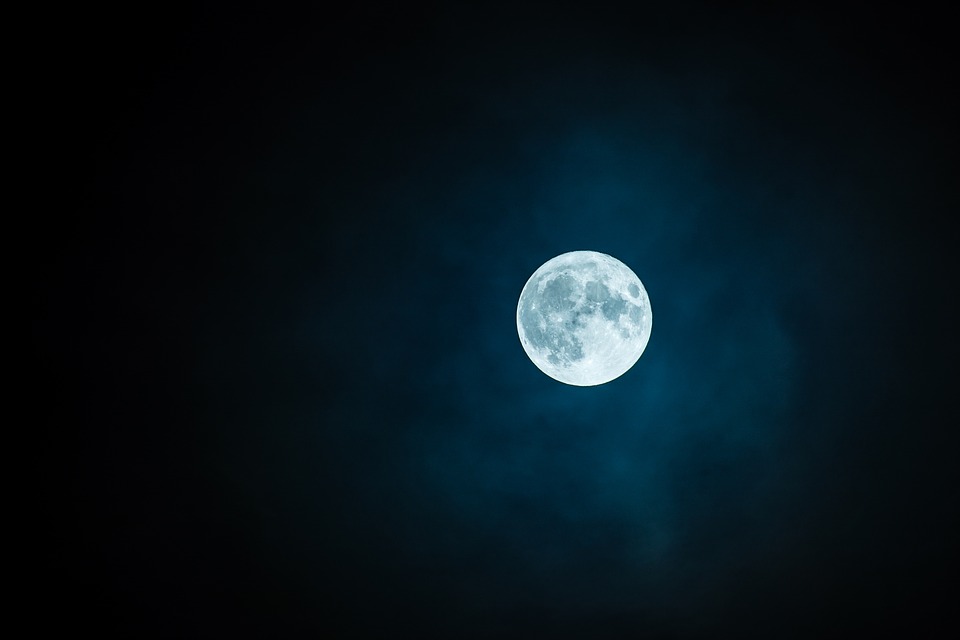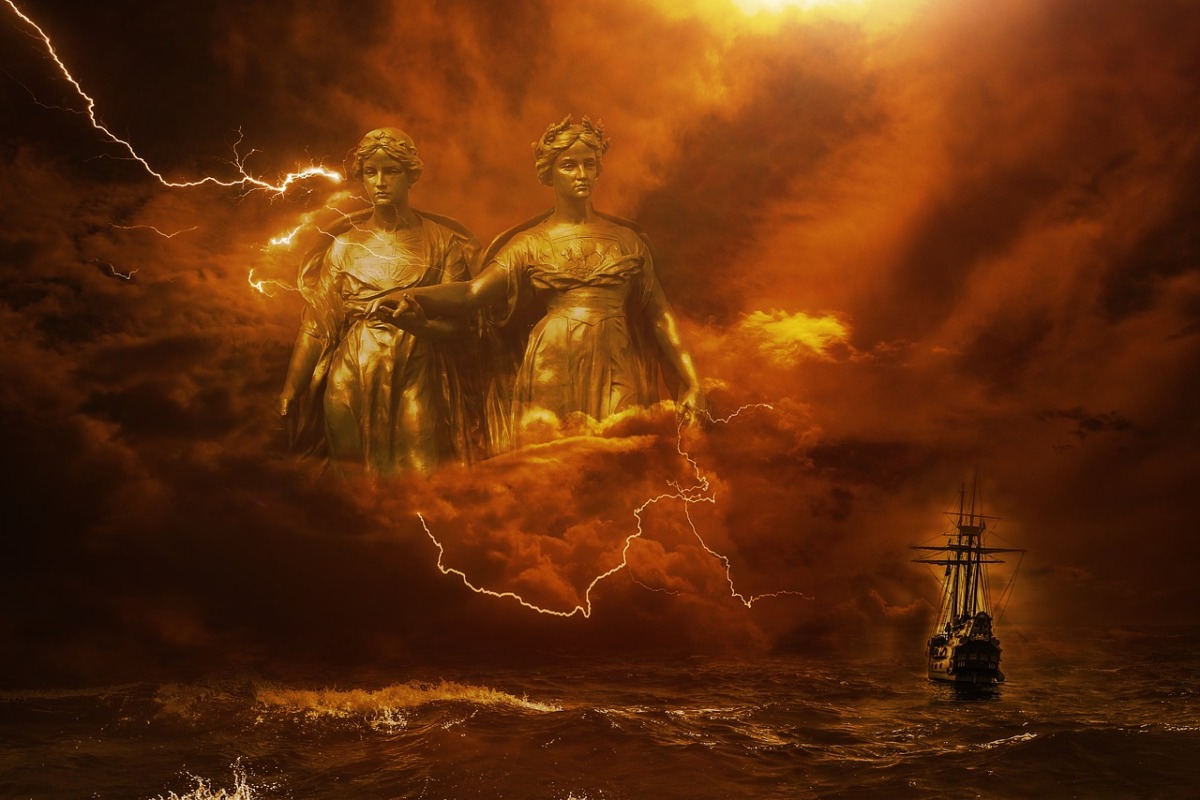Being Appendix A to Liber 777
Qabalah is: —
(a). A language fitted to describe certain classes of phenomena, and to express certain classes of ideas which excape regular phraseology. You might as well object to the technical terminology of chemistry.
(b). An unsectarian and elastic terminology by means of which it is possible to equate the mental processes of people apparently diverse owing to the constraint imposed upon them by the peculiarities of their literary expression. You might as well object to a lexicon, or a treatise on comparative religion.
Tag: Lexicon
Meness
by Aldis Putelis
The Moon. In a number of texts – protector of travelers and soldiers, probably as the source of light at night.
In Latvian tradition – masculine, opposed to many other Indo-European mythologies, although there are linguistic data (G. F. Stender. Neue vollstaendige Lettische Grammatik. – Braunschweig 1761; J. Lange. Vollstaendiger lettisch-deutsches Lexicon. – 1773.) supposedly proving the feminine aspect of Meness.
Dievs
by Aldis Putelis
Dievs (“god”) is the supreme deity of the Latvians, with the same position Zeus has in Greek religion. The word was later also used to denote the highest Christian deity and the main question is that of Christian influences included in Dievs’ image. The Finno-Ugric (Finnish and Estonian) loan words derived from the Baltic mean “sky” or “heaven” (compare: Finnish and Estonian taivas, taevas and Old Prussian deiwas). For the first time as a Latvian (i.e. non-Christian) deity Dievs is mentioned in Stenders’ Lexicon (1783). It is likely that the previous authors simply overlooked this deity not willing to contaminate the Christian notion.



